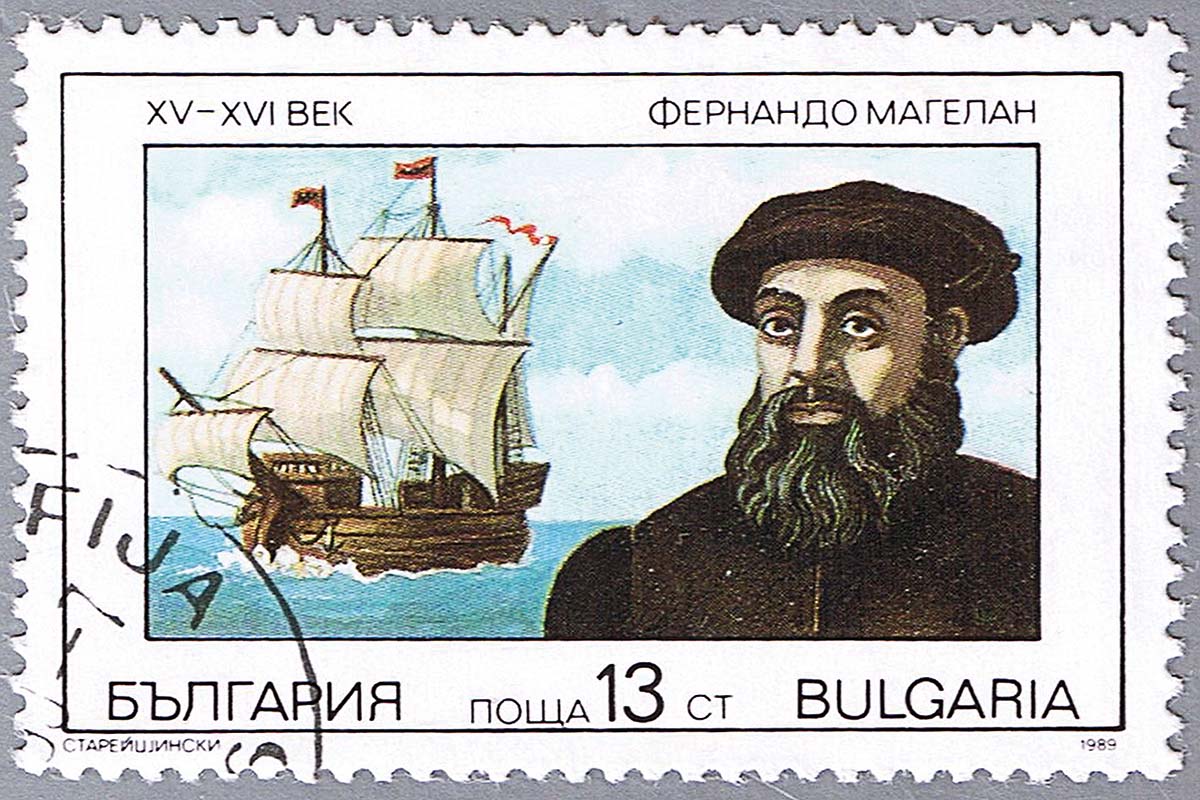
A brutal debunking of the myths about Ferdinand Magellan – the 16th-century seafarer knew little about navigation and was a ruthless murder
Review by Jules Stewert
Historian Felipe Fernández-Armesto has launched a no-holds-barred myth-buster about the 16th-century mariner Ferdinand Magellan, coinciding with the 500th anniversary of the completion of his ill-fated expedition. The book is almost certain to raise hackles in academic circles, yet the author is definitely not shooting from the hip. He draws on extensive and meticulous research to support his claim that Magellan’s misdeeds included ‘murder, arson and treason’.
‘Everything we know about Magellan is false,’ he says. ‘He knew practically nothing about navigation and his voyage and life were a total failure.’ Yet Magellan remains one of the most lionised explorers of all time. The author explains that the objective was the Far East, with vast riches to be claimed at a time when Europe was suffering from plague and enduring a mini ice age. The richest prize were the Spice Islands, now the Moluccas, with their valuable cloves, nutmeg, ginger and other spices.
The fleet of five ships sailed westward to seek a passage to the Pacific Ocean while Magellan grew increasingly ruthless, stirring up internal conflict and animosity among the fleet’s crew.
Fernández-Armesto points out that Magellan was disobeying the orders of Spain’s King Charles I by heading for the Philippines instead of the Moluccas.
Mutiny exploded when they reached the coast of Patagonia, where Magellan ignored pleas to turn back. Instead, the ships sailed through the strait that now bears his name into the Pacific, where ‘the favourable wind blew them deeper into disaster. The Atlantic had made Magellan more ruthless, the Pacific more ridiculous.’
On the voyage for which Magellan is celebrated, all but one of the ships were lost and all but a handful of his men died or deserted. The author asserts that the cash profit usually ascribed to the outcome of the voyage is a myth.
‘Magellan did not even reach his nominal destination,’ he says. ‘In his mission to find a short route from Spain to the Spice Islands, he did more than just fail: he drove on to disaster when failure was already obvious.’
In September 1522, the Victoria, commanded by Juan Sebastián Elcano, docked in Spain. Among the 270 crewmen who had perished was Magellan himself, killed in a battle in the Philippines in what Fernández-Armesto asserts may have been contrived to award himself a hero’s death to avoid facing punishment in Spain.




